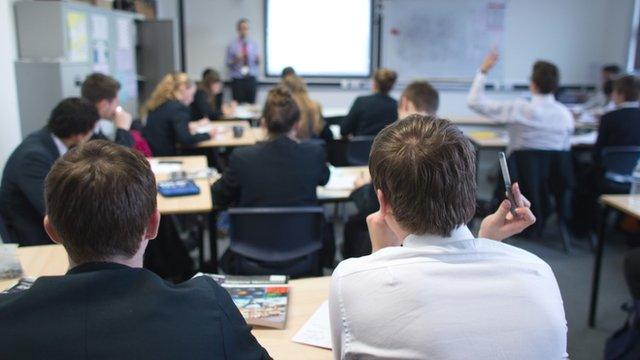South East school suspensions rise post-pandemic
- Published
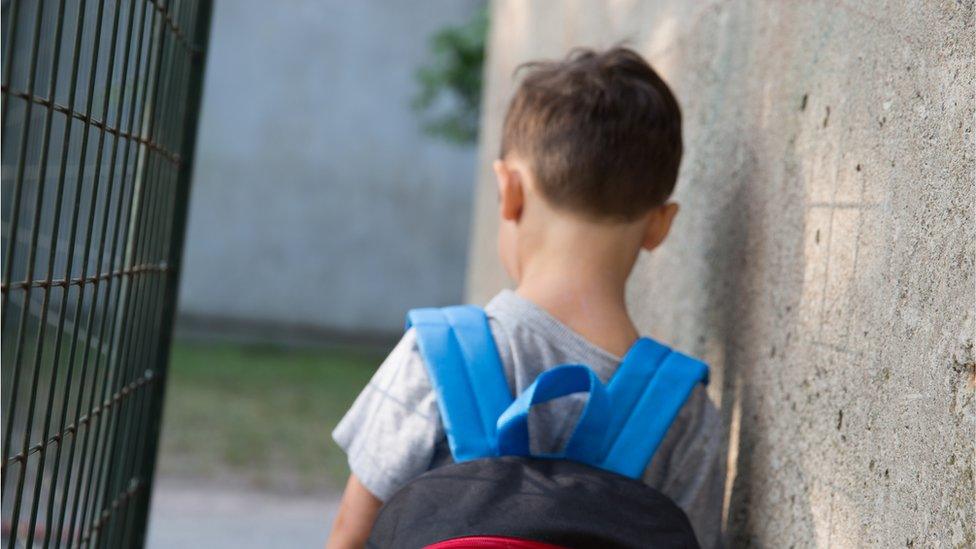
There has been a rise in suspensions at schools in the South East since the pandemic
The number of school suspensions across the whole South East region has risen by about a quarter compared with pre-pandemic levels.
They rose from 60,644 in 2018-19 to 75,123 in 2021-22, according to government data.
The Association of School and College Leaders said there had been a rise in challenging behaviour among some pupils.
The government said it backed head teachers to maintain calm schools.
Geoff Barton, general secretary of the Association of School and College Leaders, said: "This appears to be linked to the legacy of the pandemic and the disruption this caused to normal routines and expectations, as well as rising mental health and wellbeing issues and the current cost-of-living crisis."
Your device may not support this visualisation
Prior to the pandemic, the number and rate of suspensions had increased gradually.
An online survey published in April by the NASUWT teachers' union, external, and completed by 6,586 of its members, estimated that 13% of teachers had been physically assaulted by a pupil and 58% suffered verbal abuse in the last year.
Dr Patrick Roach, NASUWT general secretary, said: "The lack of appropriate in-school support and long waiting lists to access specialist services are contributing to a behaviour crisis which schools are struggling to contain."
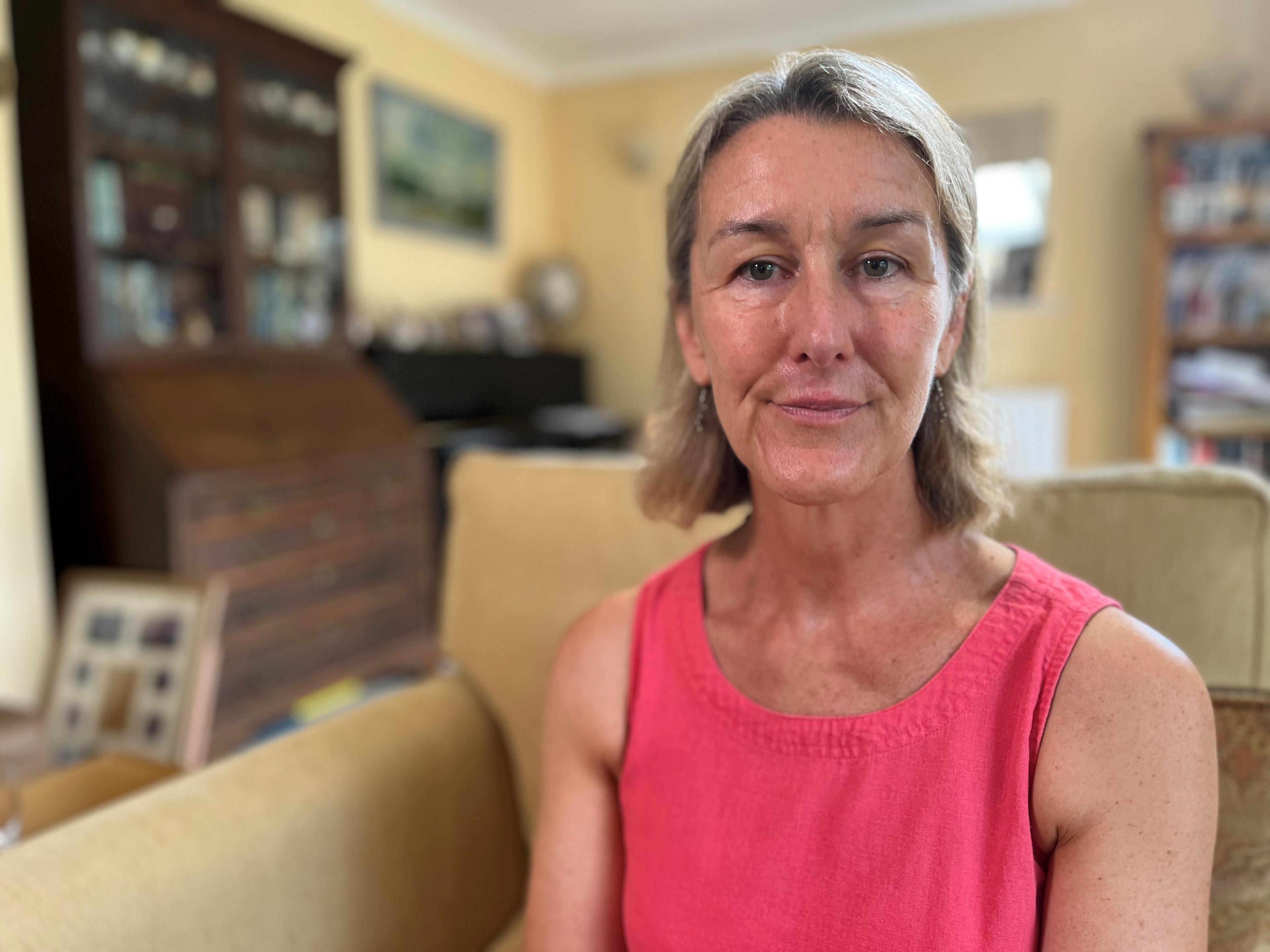
Sarah Rees-Porter has worked as a teacher in Kent and Surrey for over 20 years
Sarah Rees-Porter, a primary school teacher from Kent, told the BBC: "I think there are children whose reaction to lockdown and coming back to school has caused a mix of emotions they are unable to control. I have seen teaching assistants being kicked, spat at and hit.
"For a significant minority, behaviour has deteriorated in a way that couldn't have been foreseen and we need to focus on the catch up socially and emotionally."
'High anxiety'
Shears Green Junior School, in Gravesend, is trying to tackle the issue by introducing dogs, chickens and guinea pigs to soothe pupils.
Head teacher Matt Paterson said: "Children can spend time with the animals to help them decompress. Some pupils are so high on the scale of anxiety they don't know how to funnel their anxieties, worries and frustrations and it comes out as being violent or them trashing a room."
The school is also turning a double decker bus into a wellbeing hub, and there are plans for a sensory room, space for yoga, therapies and counselling, he added.

Matt Paterson, head at Shears Green Junior School in Gravesend, introduced chickens and guinea pigs to help calm children
A Department for Education spokesperson said: "We have issued updated guidance on suspensions and permanent exclusions and are clear that extra support should be put in place where children are at risk of being permanently excluded and entering alternative provision.
"We are also investing over £50 million to test new approaches to deliver specialist support to children vulnerable to serious violence in both mainstream and Alternative Provision (AP) schools in specific areas."
Your device may not support this visualisation

Follow BBC South East on Facebook, external, on X, external, and on Instagram, external. Send your story ideas to southeasttoday@bbc.co.uk, external.
Related topics
- Published12 June 2023
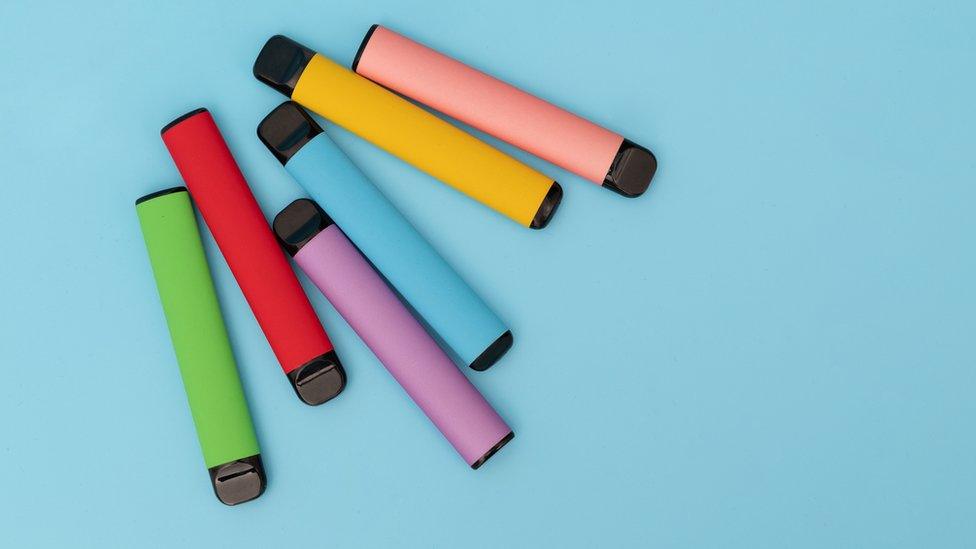
- Published12 May 2023
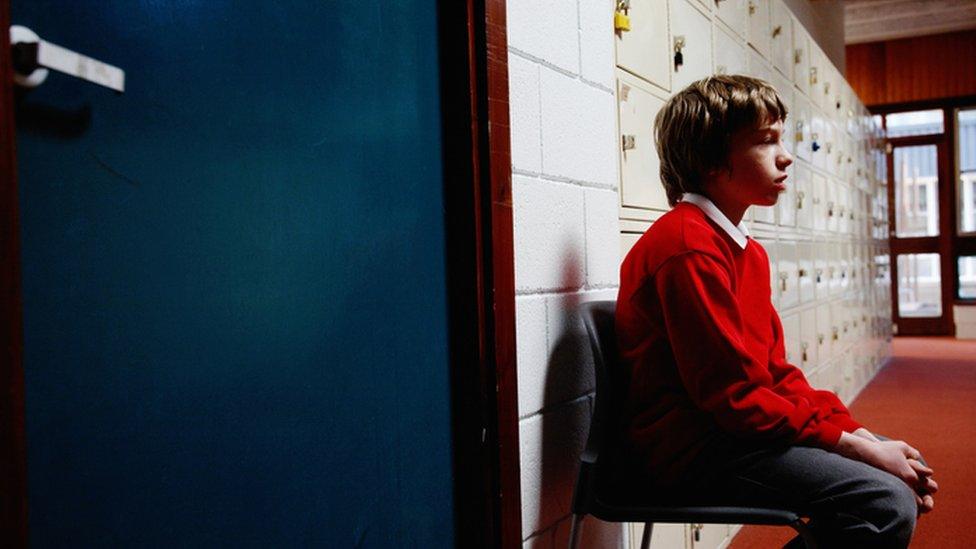
- Published6 September 2022
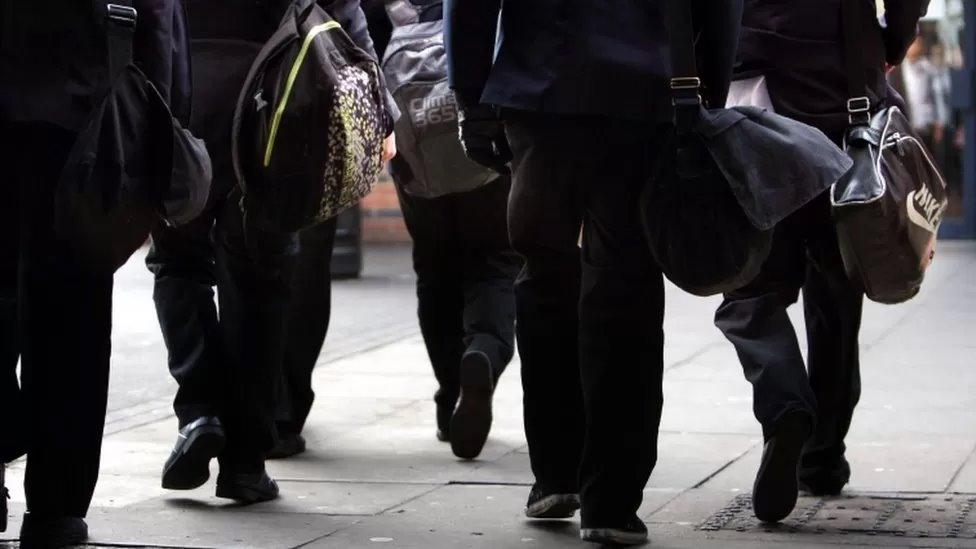
- Published25 July 2018
